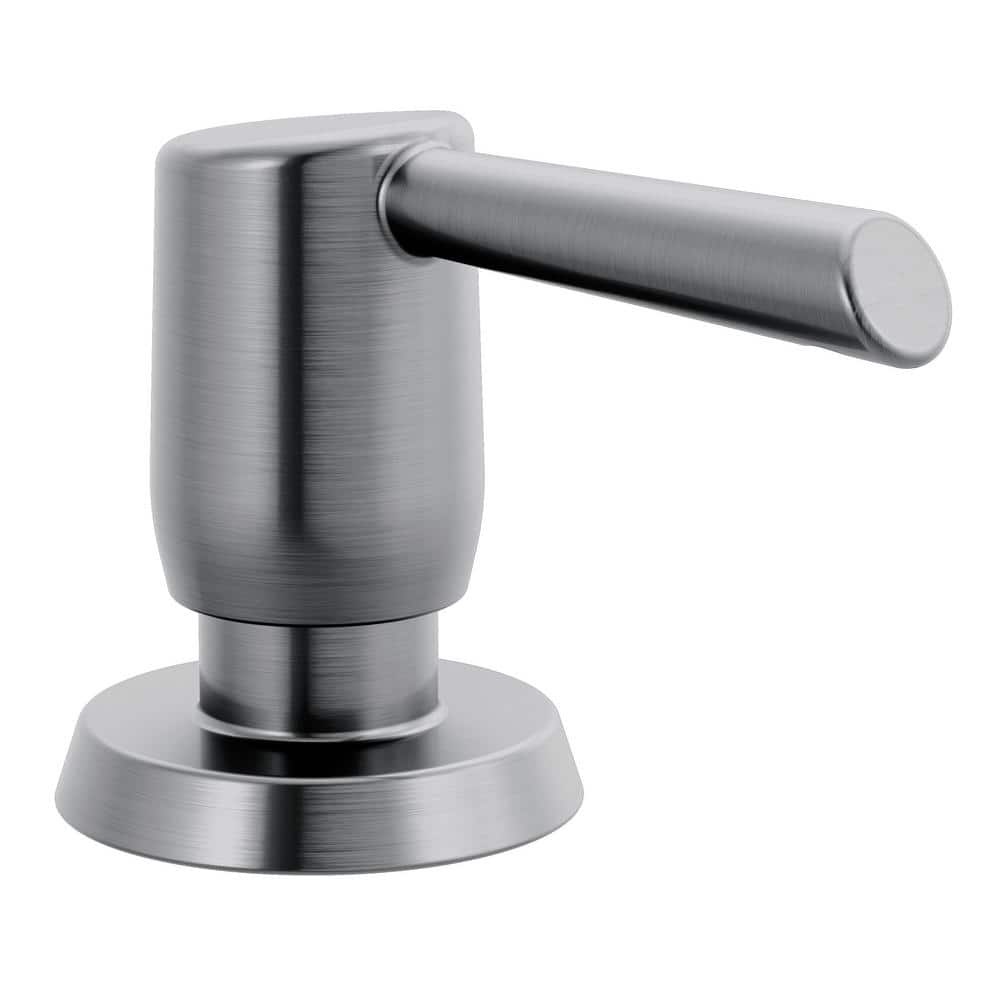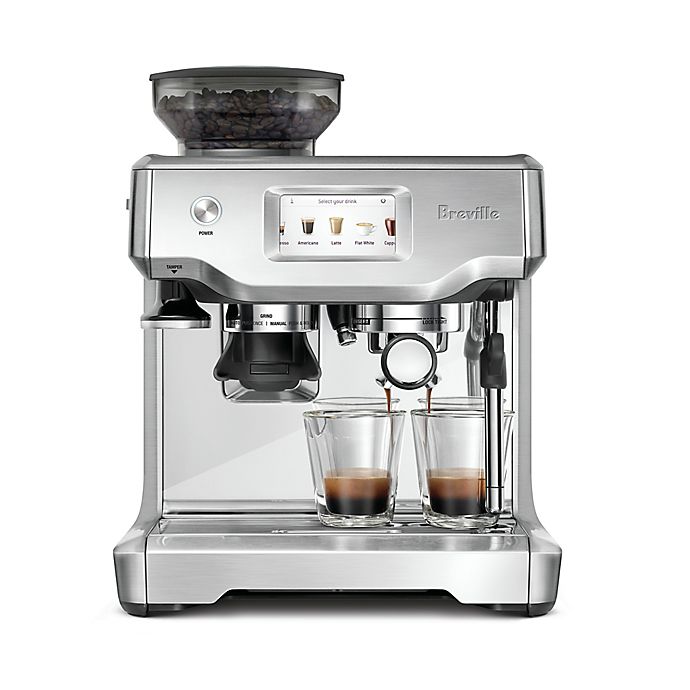Delta Essa Deck Mount Metal Soap Dispenser in Arctic Stainless
-
( 4 Reviews )Rated 4.75 out of 5 based on 4 customer ratings04
Holds 13 oz. Refillable from above the deck. Backed by Delta’s lifetime limited warranty.
SKU:
312072234
Categories: Kitchen & Dining, Kitchen Faucets
Tag: Essa Deck Mount Metal Soap Dispenser
-
13pc HexClad Hybrid Cookware Set with Lids – Hexclad Cookware
Rated 5.00 out of 50513pc HexClad Hybrid Cookware Set with Lids – Hexclad Cookware
Rated 5.00 out of 505 -
Farberware 20 Pc Easy Clean Aluminum Nonstick Cookware Pots and Pans Set, Aqua
Rated 4.60 out of 505Farberware 20 Pc Easy Clean Aluminum Nonstick Cookware Pots and Pans Set, Aqua
Rated 4.60 out of 505 -
Le Creuset® Signature 3.5 qt. Cast Iron Covered Sauteuse
Rated 5.00 out of 503Le Creuset® Signature 3.5 qt. Cast Iron Covered Sauteuse
Rated 5.00 out of 503 -
Breville® Barista Touch Espresso Maker
Rated 4.60 out of 505Breville® Barista Touch Espresso Maker
Rated 4.60 out of 505
The Delta Essa Collection is a soft, modern take on euro design with subtle detailing accents which allow the soap dispenser to blend with both contemporary and transitional design. Increase the functionality of your kitchen with a deck-mounted soap dispenser. You can install with confidence, knowing that this Delta soap dispenser is backed by our Lifetime Limited Warranty.
- Metal construction to increase product quality and performance
- Slimmer metal soap heads with better design
- Uses the existing soap bottle and pump mechanism
- Refillable from above deck
- 13 oz. capacity
- 3 in. maximum deck thickness
- 3 in. maximum deck thickness
Additional information
| Manufacturer Warranty | Faucet and Finish Lifetime Limited Warranty |
|---|
Average Rating
4.75
Rated 4.75 out of 5 based on 4 customer ratings
045 Star
75%
4 Star
25%
3 Star
0%
2 Star
0%
1 Star
0%
Submit your review Cancel reply






by Pete
Expensive, but we’ll made. Hopefully this will last.
by Cascio
Works well, easy to fill, easy to use, solid construction. Perfect match to the Delta Essa kitchen faucet.
by Cynthia
So pretty and works well.
by Paula
When it came it didn’t match my finish as I hoped since my kitchen faucet is a a moen. But it works fine.